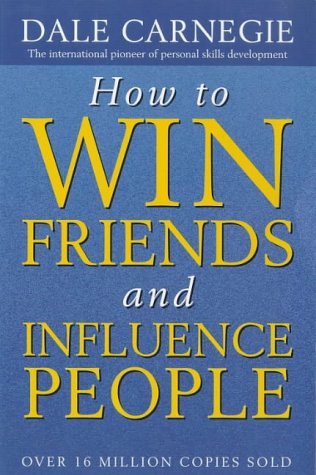From the Crossway blog:
For the first time, read the ESV Bible on your iPhone or iPod Touch, with or without an internet connection — for free. Record your own notes, highlight verses, save favorites, and share with friends. Please take a look at the ESV App and tell us what you think.
